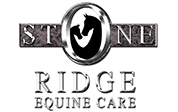Hydrops - A Rare & Life Threatening Condition!
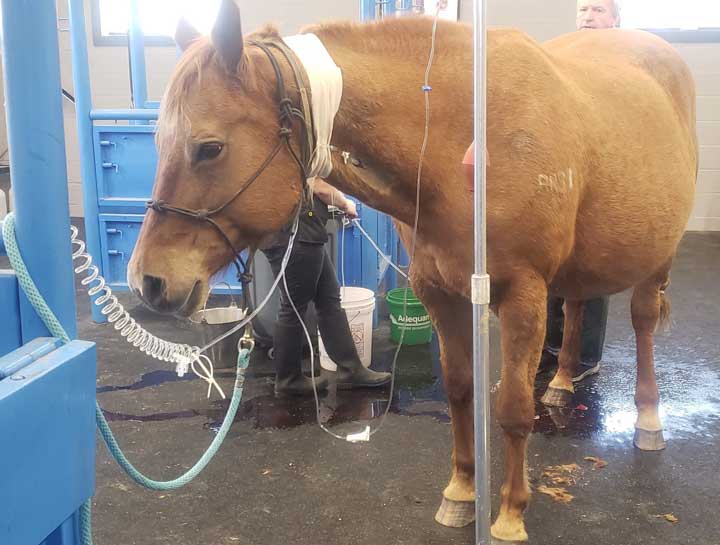
Stone Ridge Equine Care recently treated a case of hydrops and we would like to take some time to educate our clients on this rare, life threatening condition.
Hydrops is a rare condition of excessive fluid in the placenta that occurs during the last trimester of a pregnant mare. Increased fluid production and/or decreased transplacental absorption leads to fluid build-up in either the allantoic or amniotic cavity.
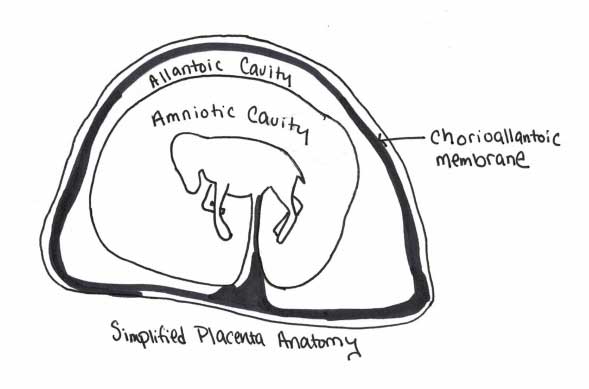
A normal allantois holds 8-18 L of fluid. In a hydrops case this fluid can range upwards of 110- 230 L. Clinically, a mare takes on a pendulous pear shaped appearance which typically occurs over a short course of 10-14 days. Other clinical signs include ventral edema, varying degrees
of colic, lethargy, and dyspnea (labored, difficult breathing).
Hydrops is diagnosed by the combination of ultrasound and rectal examination. Early recognition of this condition is essential. If hydrops goes unnoticed or untreated, abdominal wall hernias, prepubic tendon rupture, cardiovascular shock, dystocia, and ultimately death to the mare and foal can occur.
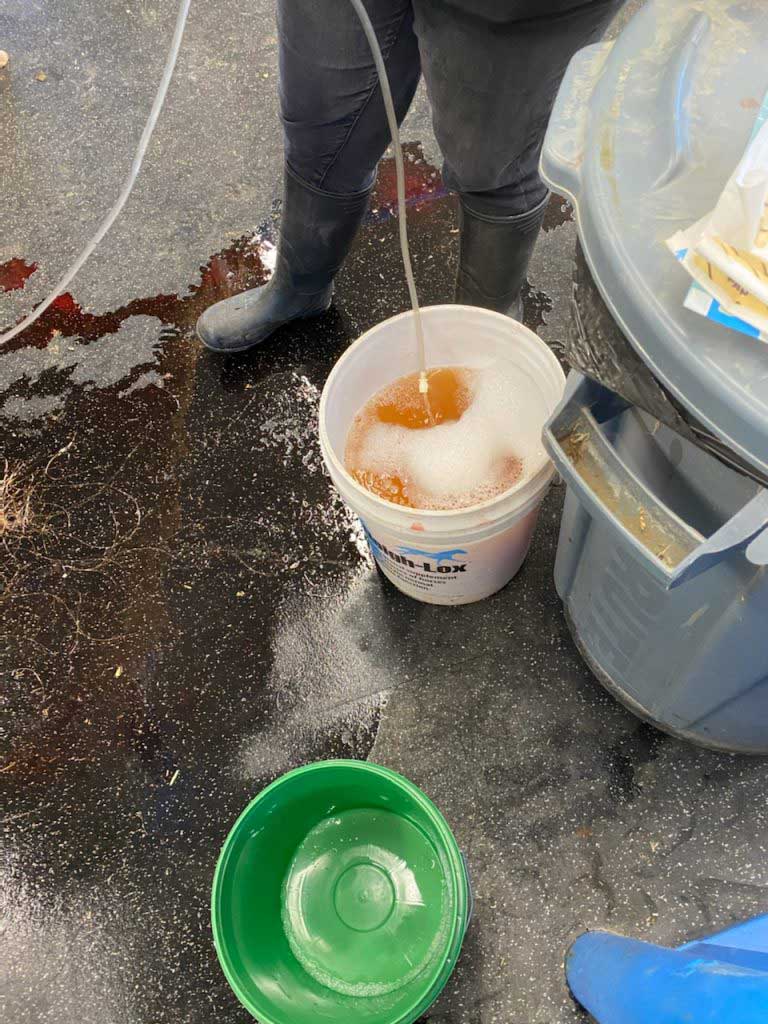
Treatment consists of slow drainage of the built up fluid. A large sharp-tipped trocar is used to penetrate the chorioallantoic membrane. Drainage of the allantoic or amnionic fluid is done over a few hours to allow the horse’s blood pressure to compensate. The fluids removed are collected and quantified to calculate the appropriate amount of intravenous fluids needed. Hypotensive shock, muscle tremors, elevated heart rate, and colic signs are all possible during this difficult procedure. With early recognition and treatment, the mare can be saved. Unfortunately, the foal does not survive this procedure.
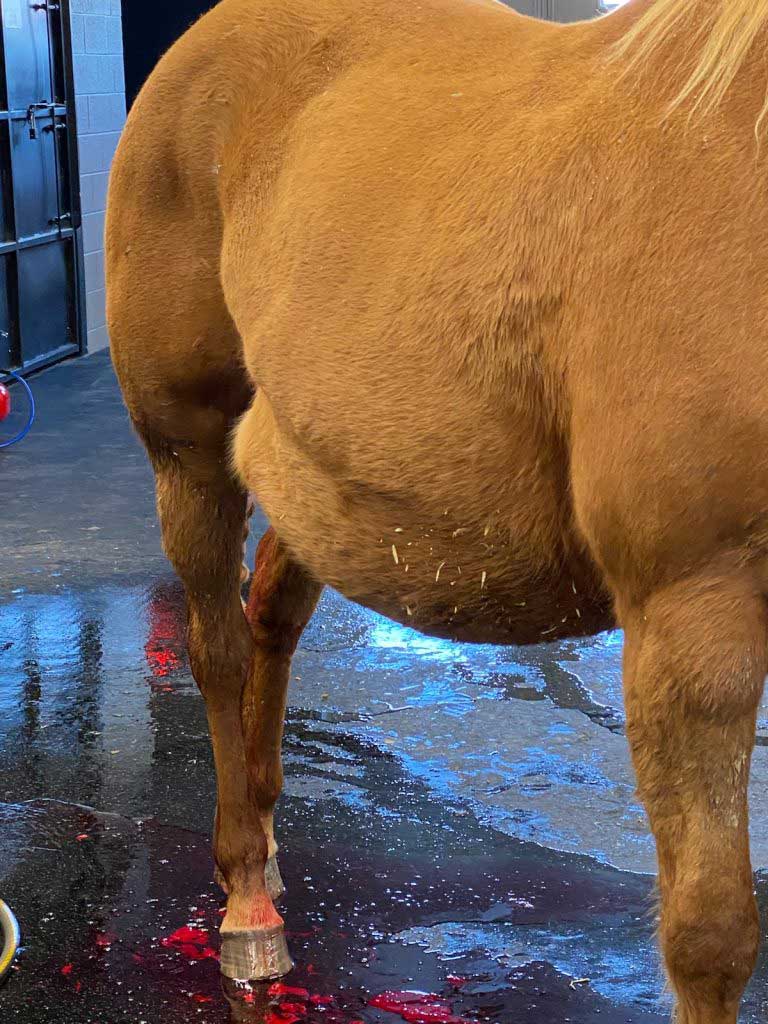
It takes a strong, talented team to manage these rare cases, but thankfully here at Stone Ridge Equine Care we have just that! The mare made it through the procedure without any complications and was back to munching on hay once the sedation wore off. If you have any questions about your mare’s pregnancy, please don’t hesitate to call us at (812) 867-7330.
Article Written by Dr. Cate Osterman
References:
Reed, S. M., Bayly, W. M., & Sellon, D. C. (2004). Equine Internal Medicine (2nd ed.). Saunders.
Slovis, N. M., Lu, K. G., Wolfsdorf, K. E., & Zent, W. W. (2013). How to Manage Hydrops Allantois/Hydrops Amnion in a Mare. AAEP Proceedings, 59, 34-39.
